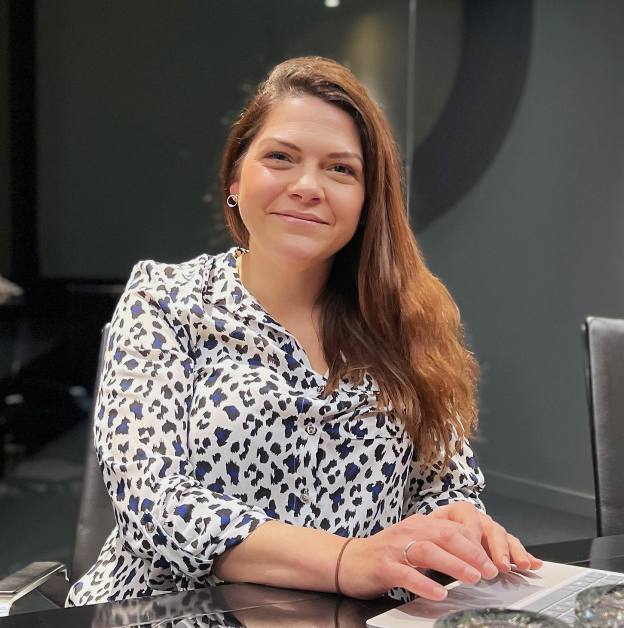“More mature clients may also find it easier to talk and engage with someone that has more life experience and with whom they can relate; however, this doesn't have to be the case.”
While it may be younger colleagues who require training to become an adviser, separate research from Canada Life again suggests that the profession is the exception that proves the rule.
In the provider’s survey that asked what an employer could offer to support and attract an older workforce, three-quarters of adults (75 per cent) said they were looking for new skills training.
But that is not to say that a young workforce cannot bring benefits to the advice industry. “Having a mix of different ages is incredibly important for a financial advice firm, both in terms of advisers themselves and support staff,” says Foster Denovo’s head of talent acquisitions, Helena Bogdanovski.
“The energy and ambition of young generations, combined with the experience and confidence of more mature workers, brings a wide range of skills and approaches to better service clients.”
An example that Bogdanovski gives of hiring at different levels is parents and children who are both financial advisers, and working together in the same firm. “At Foster Denovo we have many examples of this, with some that joined our business at the same time and others that joined separately as part of succession plans.”
Nina Edwards, a HR business partner at Fidelius Group, agrees that both younger and older employees are beneficial to business. “Being open to recruiting candidates of any age is an advantage because they can bring fresh ideas, team motivation and different experience to the business.
“Financial services have seen a lot of changes over the years, and having employees who have been a part of those changes will assist with the transformation some organisations need to grow.
“As an example, the older generation can usually bring an empathetic quality in terms of communication skills. For the younger, more technically minded members, this can prove a wonderful skill for them to learn, and provide them with a more balanced approach when progressing in their particular field.”
Younger people, meanwhile, are less “fearful” of technology, adds Edwards. “In our sector, technology will continue to play a vital part in how we communicate, educate and share information effectively with our clients.”
Chloe Cheung is a senior features writer at FTAdviser






